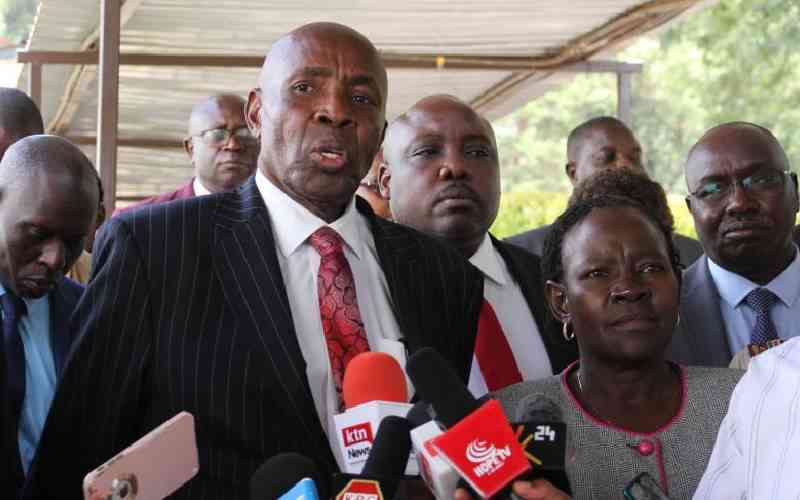
On June 26, 2023, The Standard, ran a frontpage headline; 'Schools defy ministry'. The detailed report on the state of public schools in Kenya pits head teachers against the employer, Teachers Service Commission (TSC) and the regulator, the Ministry of Education.
Head teachers are caught between implementing policy directives on running schools within the provided funding guidelines and using creativity to keep learners in school due to either delayed disbursement of funds or the insufficiency of the funds when they are disbursed.